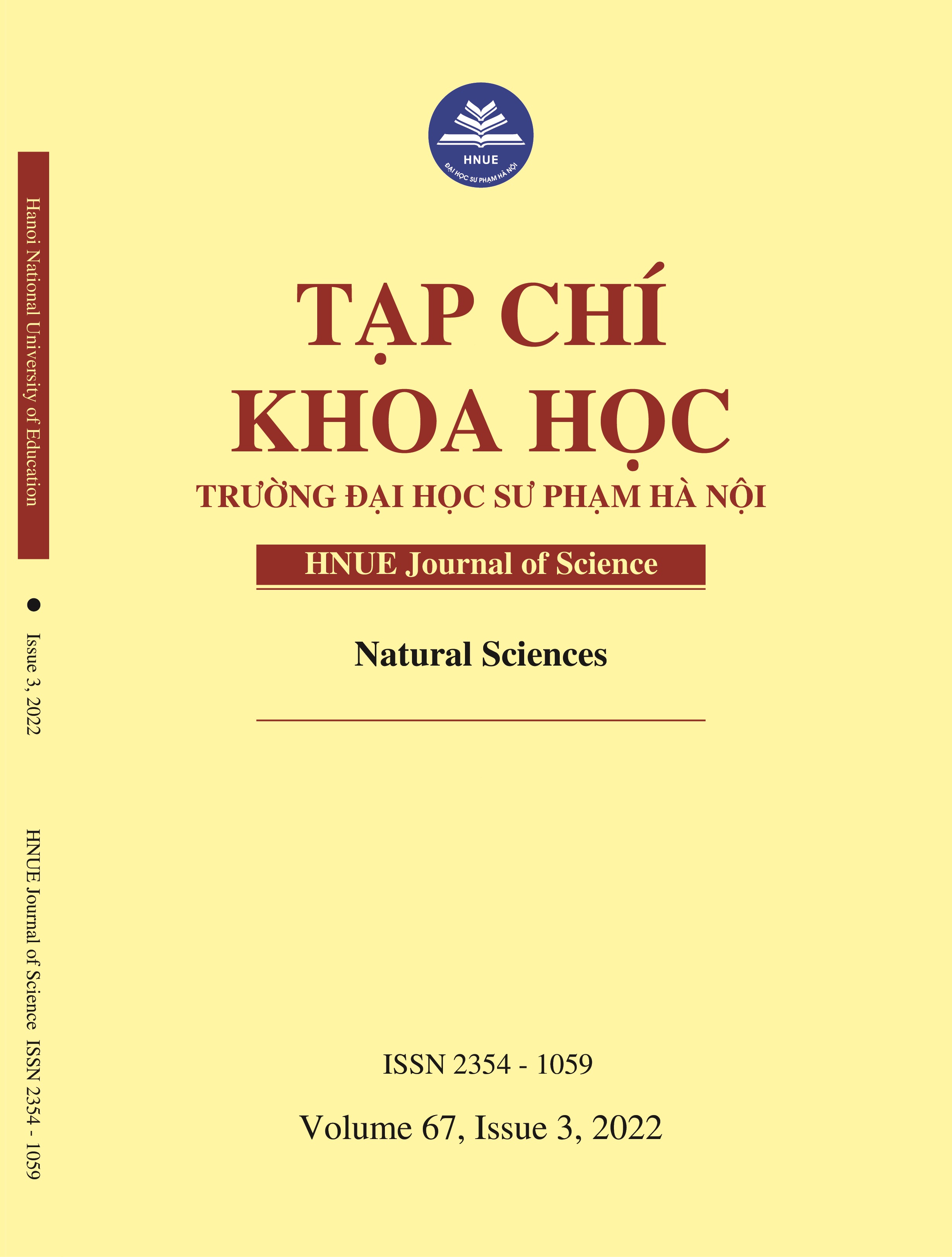OPTIMIZING GENOTYPING PROCEDURE AND DETERMINING FREQUENCY OF SINGLE NUCLEOTIDE POLYMORPHISM RS7799039 BELONGING TO LEP GENE IN FOUR-YEAR-OLD BOYS IN HANOI
DOI: 10.18173/2354-1059.2022-0051
Tóm tắt
The LEP (leptin) gene plays an important role in the regulation of food intake and energy metabolism. The single nucleotide polymorphism (SNP) rs7799039 located in the promoter of the LEP gene may affect the risk of obesity and other diseases such as diabetes, cardiovascular disease, cancer, etc. due to altering the gene expression. The objective of this study is to find out the optimum procedure for genotyping SNP rs7799039 by using the polymerase chain reactionrestriction fragment length polymorphism (PCR-RFLP) method and determine the allele and genotype frequencies of this SNP in 61 four-year-old boys with normal nutritional status in Hanoi. The sequence of primers has been designed as follows: forward primer 5'-tttcctgtaattttcccatgag-3' and reverse primer 5'-aaagcaaagacaggcataaaa-3'. The thermal cycle for the PCR reaction includes initiation at 94 °C (3 minutes), 34 cycles of denaturation at 94 °C (30 seconds), annealing at 56 °C (30 seconds), extension at 72 °C (30 seconds), final extension at 72 °C (8 minutes), and then keep the products chilling at 4 °C. HhaI restriction enzyme was used to distinguish A and G alleles of rs7799039. PCR products are incubated with 0.5 µl HhaI restriction enzyme for 15 minutes at 37°C and then the products of restriction enzyme digestion are separated by gel electrophoresis. Genotype frequencies of our studied population are 62.3% AA, 31.1% AG, and 6.6% GG (P HWE = 0.452).
điểm /
đánh giá
Phát hành ngày
2023-09-20
Chuyên mục
BAI BÁO

